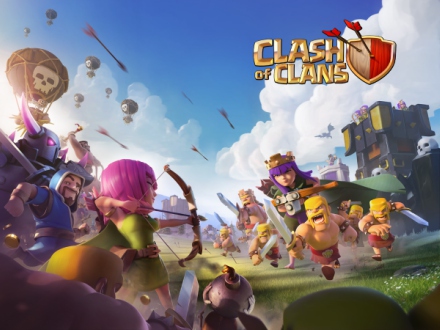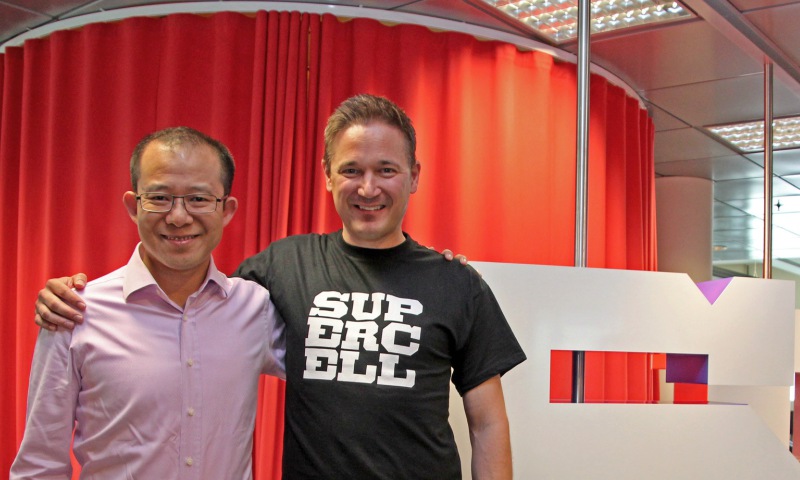Chinese gaming and social apps giant Tencent is paying US $8.6 billion to buy out SoftBank’s share of Supercell, creator of many popular mobile games including Clash of Clans and Hay Day. Tencent’s Supercell buyout adds more fuel to Asia’s now-blazing gaming market.
 In just six years since it was founded, Finland’s Supercell has created four top Android and iOS games that are now played by over 100 million gamers. Supercell’s Hay Day, Clash of Clans, Boom Beach and Clash Royale have each made it to the top-10 grossing mobile games globally, with Hay Day and Clash of Clans reaching the number one spot.
In just six years since it was founded, Finland’s Supercell has created four top Android and iOS games that are now played by over 100 million gamers. Supercell’s Hay Day, Clash of Clans, Boom Beach and Clash Royale have each made it to the top-10 grossing mobile games globally, with Hay Day and Clash of Clans reaching the number one spot.
With Tencent behind it, Supercell will gain access to Tencent’s 300-plus million gamers and potentially to the one billion users of other Tencent services. Supercell Oy is based in Helsinki, with offices in San Francisco, Tokyo, Seoul and Beijing. The company has nearly 200 employees.
Founded in 1998, Tencent is one of China’s biggest names in online games and services. The company’s services include QQ Game Platform for online games, Weixin/ WeChat, Qzone for social networking, QQ.com for news, and Tencent Video for video content. WeChat is China’s most popular chat app, with over half a billion users.
Shenzhen-based Tencent went public on the Hong Kong Stock Exchange in 2004, and is one of the constituent stocks on Hong Kong’s Hang Seng Index. Supercell has so far remained a private company.
Supercell buyout adds to Asia’s gaming domination
Japan’s SoftBank acquired a majority stake in Supercell back in 2013, and largely left the company alone. The Tencent Supercell buyout won’t change much: Supercell will retain its independent operations, its headquarters will remain in Helsinki, and its existing team will continue to run company operations. Every Supercell employee is already an equity holder in their company, and will take part in a new long-term incentive plan.
Tencent has stakes in other big game developers, too. In December 2015 it bought out Riot Games, the Los Angeles based company behind the popular League of Legends eSports game. And Tencent also has investments in Activision Blizzard Epic Games, Glu Mobile, and Korea’s 4:33 Creative Lab.
All of those big investments are paying off, because with its Supercell buyout, Tencent now indirectly controls about a third of game revenues generated by the top 10 global gaming companies. With that kind of domination, Tencent seems to be perfecting its own version of the classic “Monopoly”.





